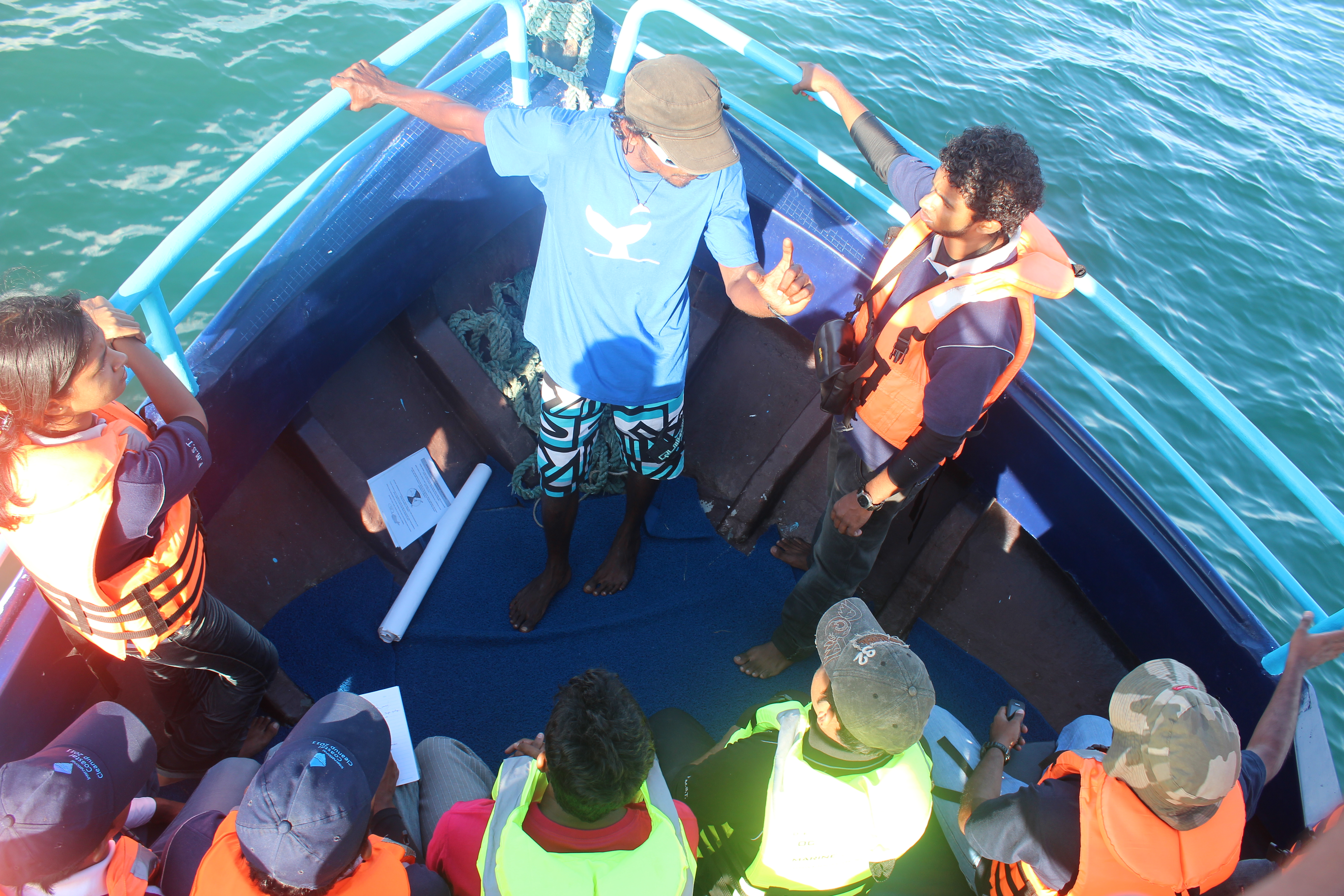RESPONSIBLE WHALE WATCHING
The WDC (Whale and Dolphin Conservation) has codified the criteria which must be met in order for whale watching to be truly responsible and sustainable to cetaceans and the marine environment, and truly beneficial to passengers, operators and communities. In order to qualify, trips must offer:
- A prime recreational and educational experience for participants which motivates them to care about cetaceans and the sea and to work for marine conservation;
- An experience that seeks to reduce the impact on whales, so that whales are watched with the lightest ‘footprint’ possible: this includes respecting relevant regulations or codes of conduct; ensuring vessels are fit for purpose; approaching the animals with extreme care and attention, respecting approach distances, and limiting time spent in their vicinity;
- Opportunities for researchers to gather scientific information and disseminate findings to managers and the public;
- An experience built around a naturalist or nature guide who can provide accurate information, help to find the whales and describe their behaviour, and successfully build the bridge between the urban participant and the sea; and
- The active involvement of the community or region in its work, enabling communities and regions to have a financial as well as a personal interest in whale watching and the conservation of cetaceans and the sea. (Source: IWC, 1996 1, Hoyt/WDCS, 2005, and Lott et al. 2006)
Read more about responsible whale watching here.
